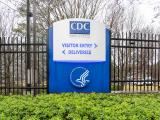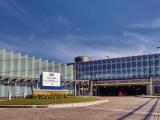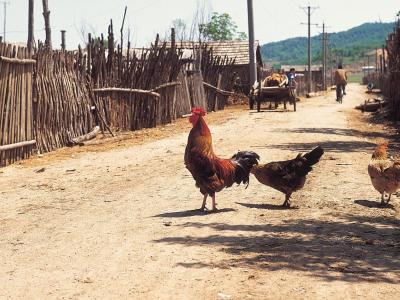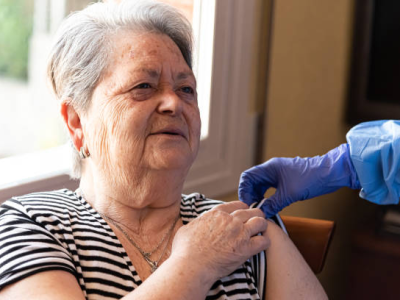Apr 12, 2010 (CIDRAP News) – A committee of experts appointed by the World Health Organization (WHO) convened today to begin evaluating the agency's and the world's response to the H1N1 influenza pandemic, with WHO Director-General Margaret Chan urging the group to pull no punches.
"We want a frank and critical assessment," Chan said in prepared remarks. "WHO is not defining or restricting the scope of specific issues that may arise. If our member states have questions or concerns, we want to hear those questions and concerns raised."
The start of the review comes almost a year after the novel H1N1 virus emerged and in the wake of considerable criticism that the WHO and many governments overreacted to the virus. Some critics have charged that the response was improperly influenced by drug companies hoping to profit from the epidemic—a charge that the WHO and public health authorities strongly reject.
As the panel convened a 3-day meeting in Geneva, the WHO released the names of its 29 members, who the agency said are some of the leading experts in their fields and combine scientific expertise and public health experience. Numerous developed and developing countries are represented.
At today's opening session the group elected Harvey V. Fineberg, president of the Institute of Medicine in the US National Academy of Sciences, as chair, and Babatunde Osotimehin of the University of Ibadan, Nigeria, as vice chair, the WHO reported.
The panel will review the pandemic response in the context of a broader examination of the functioning of the International Health Regulations (IHR). The regulations, designed to guide responses to potential international health threats, took effect in 2007 and are due for a review this year. The panel's official name is the International Health Regulations Review Committee.
On the basis of the committee's findings, Chan will present an interim report to the World Health Assembly next month and a final report to the assembly in May 2011, the WHO said.
The committee's three stated goals are to review the functioning of the IHR; to assess the ongoing global response to the H1N1 pandemic, including the WHO's role; and to identify lessons for improving preparedness for future pandemics and other emergencies.
Dr. Keiji Fukuda, director of the WHO's influenza program, told the committee today that the agency's six-stage pandemic alert system caused confusion, since the H1N1 virus turned out to be far less deadly than the H5N1 avian flu virus, according to a Reuters report. The H5N1 virus had long been seen as the most likely cause of the next pandemic.
"The reality is there is a huge amount of uncertainty [in a pandemic]," Fukuda said. "I think we did not convey the uncertainty. That was interpreted by many as a nontransparent process."
According to a Canadian Press report, Fukuda said the review committee will not second-guess the WHO's decision last June to declare the H1N1 epidemic a pandemic. Given all the scientific and clinical information, "We have never had a moment's doubt of whether this is a pandemic or not," he said.
Chan underlined this view in her remarks: "The pandemic's spread was rapidly global," she said, noting that 213 countries and territories have reported cases.
The WHO's declaration of the pandemic was controversial at the time as well as afterward. Because the idea of a pandemic was strongly associated with the H5N1 virus, many feared that declaring H1N1 a pandemic would cause undue fear. But the WHO said the pandemic declaration was not meant to convey anything about the severity of the illness, only that the virus was capable of spreading globally.
The members of the review committee are not WHO staff members and are not paid by the WHO for their participation, the agency said. They were chosen from the roster of experts under the IHR structure or other WHO committees.
Because the group is considered a WHO expert committee, the agency said, it must follow WHO regulations, which include rules designed to prevent conflicts of interest.
"The Secretariat [of the WHO] has been especially vigilant in seeking out possible conflicts of interest among committee members," Chan said in her speech.
See also:
Apr 12 WHO statement on the review procedure
http://www.who.int/csr/disease/swineflu/frequently_asked_questions/review_committee/en/
Text of Margaret Chan's speech to the review committee
http://www.who.int/dg/speeches/2010/ihr_20100412/en/index.html
WHO review committee roster
http://www.who.int/ihr/r_c_members/en/index.html



















